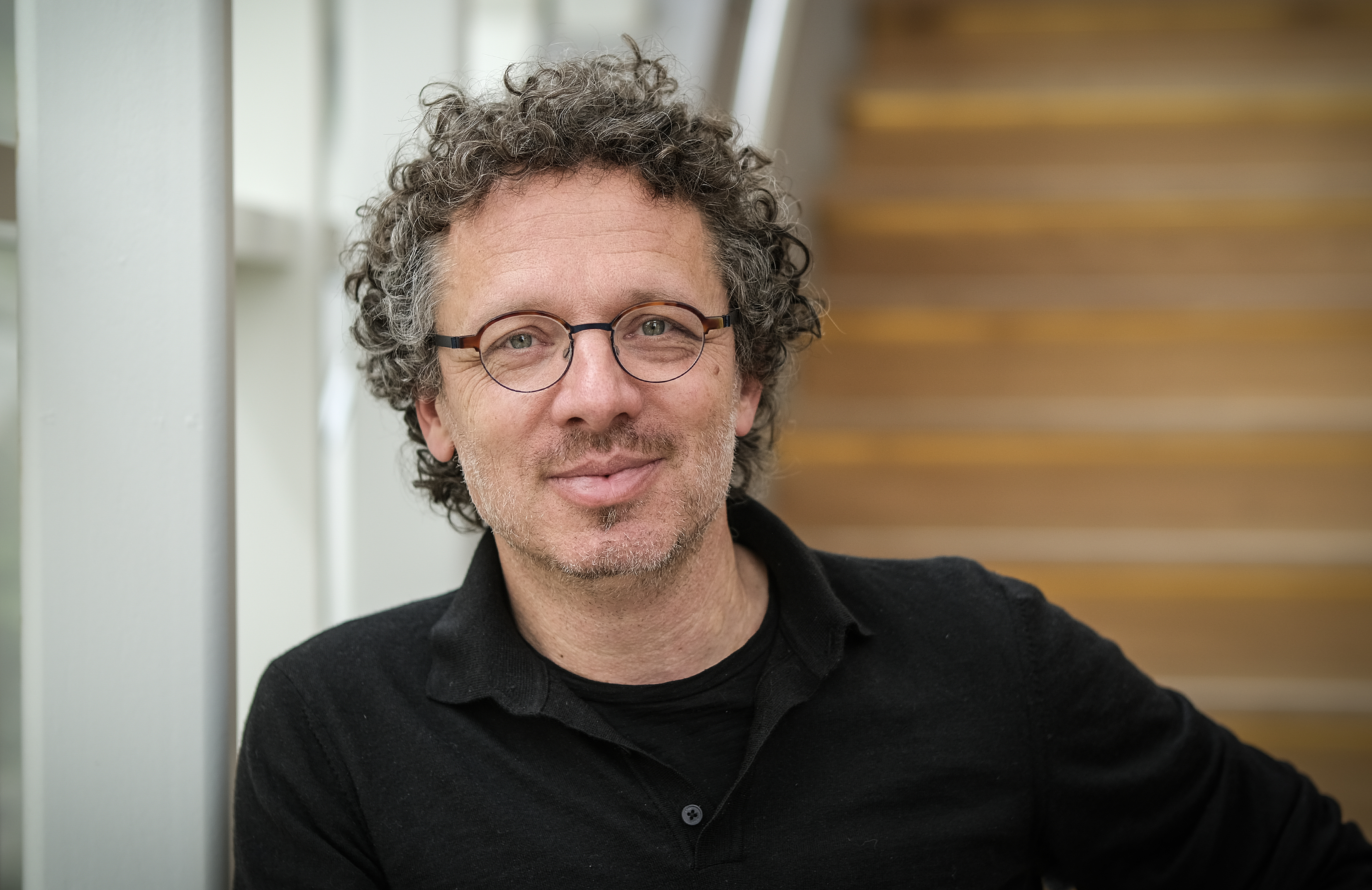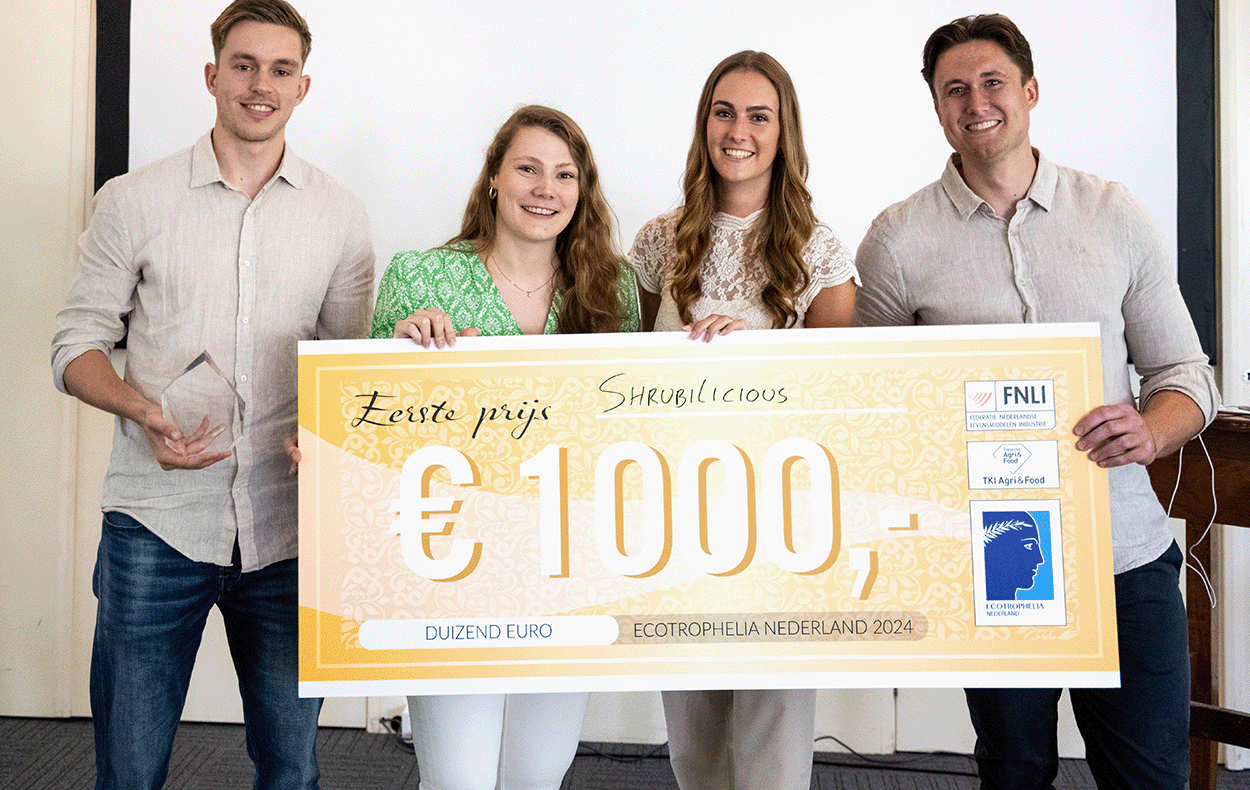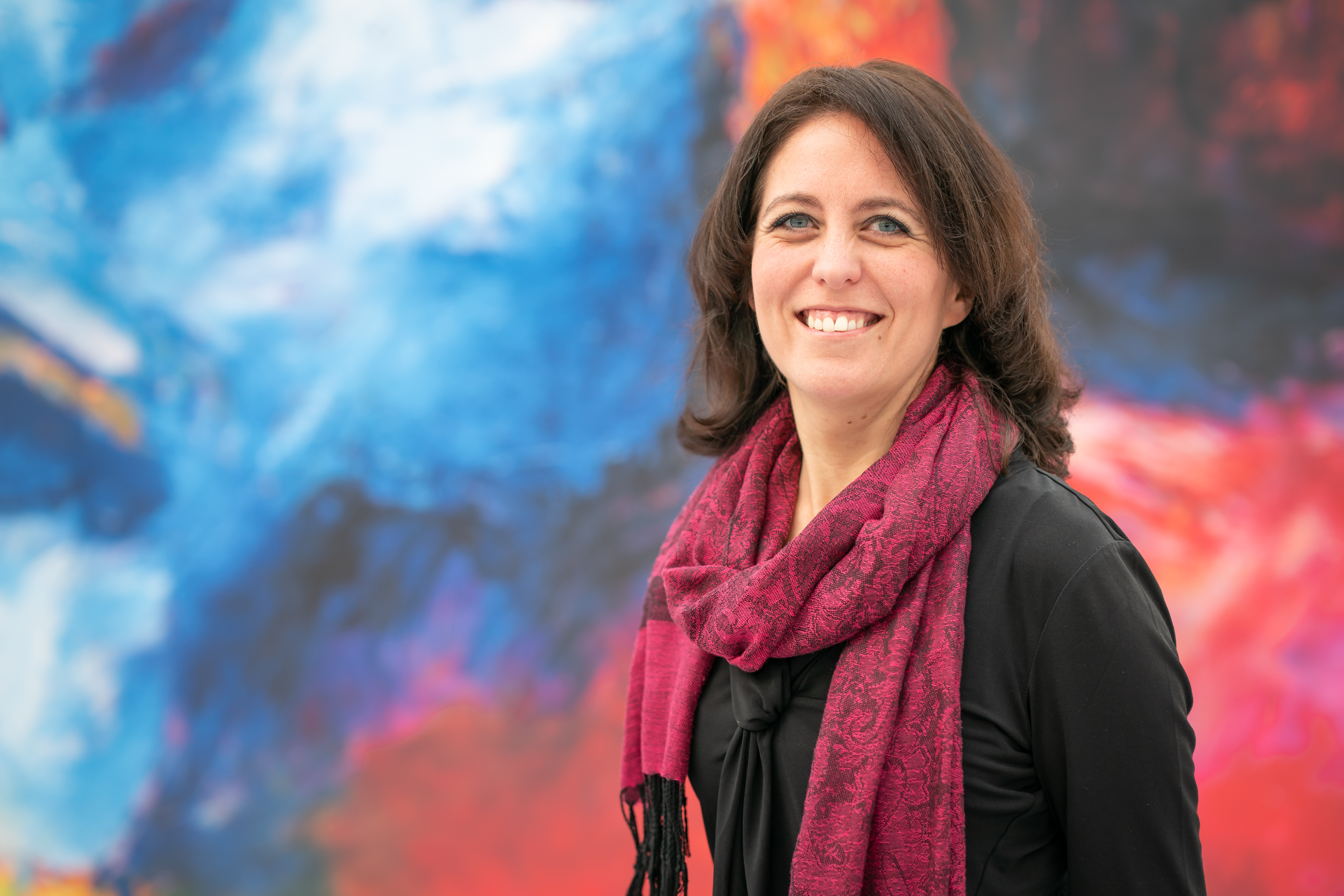Laten we open en eerlijk zijn, dierproeven blijven noodzakelijk
Thursday 1 July 2021 is Be Open on Animal Research Day, initiated by the European Animal Research Association (EARA). Maastricht University supports this as partner and is #Board with a video and statement. Maastricht University wants to be open about its use of animals in biomedical research. In the coming years we will invest in openness by communicating more via diverse channels and being available for a dialogue, Jos Prickaerts a researcher and Board Member at the Faculty of Health, Medicine and Life Sciences, and Andreas Teubner, Head Central Animal Facility explain why animal testing is necessary.
Jos Prickaerts: “Scientific research is needed for improvements and breakthroughs in medical care. Our doctors and scientists are constantly looking for new and better treatments and medicines for diseases such as cancer, cardiovascular disease and diabetes. To do so, they must continue to increase their knowledge of biological processes in health and disease.
Where possible, alternatives such as cultured cells, organoids, organs on a chip and computer models are used. Our researchers make full use of this and even contribute to the development of alternatives to animal experimentation. Unfortunately, it is not yet possible to fully simulate in an alternative model the complex interplay of biological processes of a living organism. Therefore, animal testing remains necessary for most fields of research.
It will do so till the emerging alternative methods will be so elaborated that they can substitute animal testing. Till we as society can achieve this goal/On the way to that goal, animal testing and alternative techniques have to go in parallel, hand in hand.
Without laboratory animal research, our doctors and researchers can no longer develop new or improved treatments including drugs or vaccines. Without laboratory animals, development in most medical care stops.”
Andreas Teubner: “We expect that animal testing will be necessary in the coming decades to achieve medical breakthroughs. Like other Dutch universities, we work on reducing, refining and replacing animal testing (3R policy). When granting project permits, the Central Animal Experiments Committee (CCD) assesses, among other things, the 3R policy. This policy aims to reduce the use of laboratory animals by 1) replacement by using alternatives where possible, 2) reducing the number of laboratory animals, and 3) refinement, whereby the research is designed in such a way that suffering or discomfort to animals is maximally reduced. Of course, we adhere to the strict rules for animal research in the Netherlands, which are among the strictest in Europe. In any case, this means that we may and will only conduct research with animals if no alternative is available for that research.”
Jos Prickaerts likes to add the benefits for patients where experiments in animals contributed to: “Think of a heart patient who can resume normal life function again and can go to work thanks to a pacemaker that has been developed with the help of dog experiments.
Or a Parkinson's patient with severe tremors who regains a lot of quality of life because his tremors have been stopped by a new treatment method, that has been developed making use of rat experiments.
I was touched by the story of a lung cancer patient who regains perspective thanks to a new treatment, for which the basic understanding has been worked out in genetically modified mouse models.”
Jos Prickaerts concludes: “Maastricht University is open about its use of animals in animal testing. In the coming years we will invest in openness by communicating more via diverse channels and being available for a dialogue to all interested parties. We fully underscore the EARA Transparency Agreement on Animal Research in the Netherlands.”
If you have a question or remark, please contact us: communicatie-fhml@maastrichtuniversity.nl
Lees ook
-
Bloedprikken, een infuus aanleggen of in het oor kijken; zelfs ogenschijnlijk eenvoudige medische handelingen kunnen bij kinderen angst, pijn en stress veroorzaken. Volgens kinderarts-intensivist Piet Leroy zijn comfort en vertrouwen net zo belangrijk als de medische behandeling zelf. Hij onderzoekt...
-
Studenten van de Universiteit Maastricht hebben de Nederlandse finale van de studentencompetitie Ecotrophelia gewonnen. Met een drinkazijn op basis van appelciderazijn, fruit en kruiden wonnen zij de eerste prijs
-
Kan urine worden gebruikt om niercelcarcinoom op te sporen? De huidige aanpak bij kleine niermassa's is in de meeste gevallen een preventieve gedeeltelijke of volledige verwijdering van de nier, waarbij niet altijd duidelijk is of de massa goedaardig of kwaadaardig is. Moleculair epidemioloog Kim...



